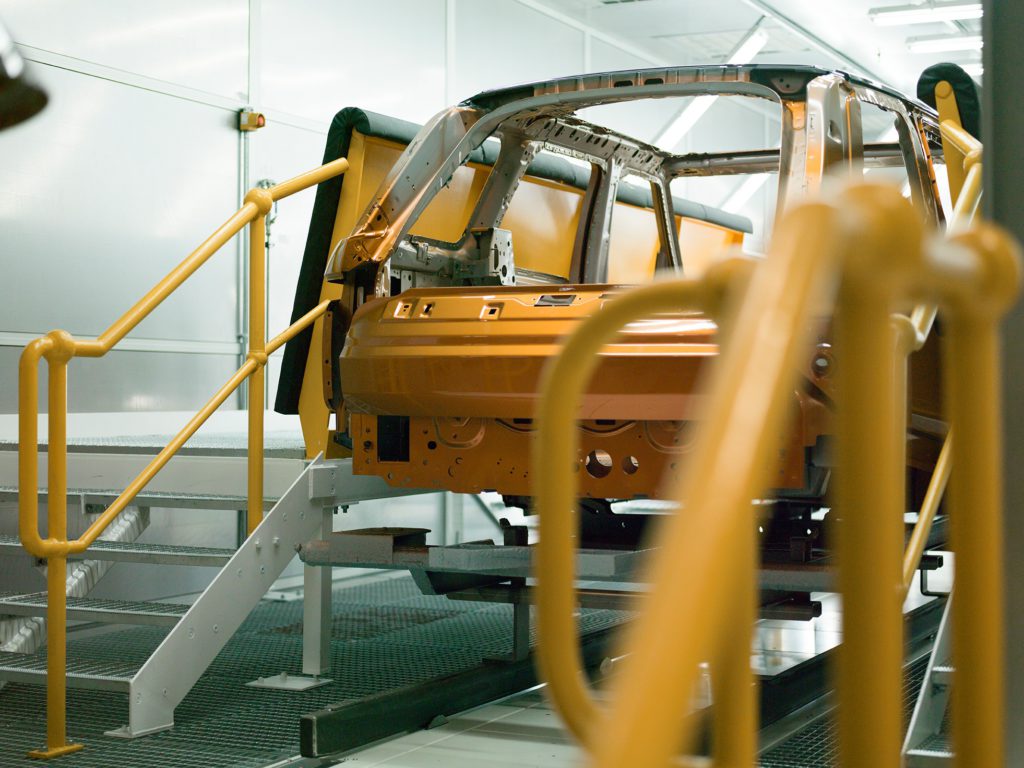Steel restrictions could continue into 2021
07 January 2019

7 January 2019
The European Commission has decided to propose measures to continue restrictions on imports of steel into the EU, hampering the needs of the automotive market.
In March 2018, the Commission initiated a safeguard investigation on imports of steel into the EU following a similar restriction taken in the US by the Trump administration. In July, the Commission adopted provisional measures in the form of a ′tariff-rate quota’ that places a 25% duty on imports above a certain level.
In December, the Commission proposed to the 28 European member states that these provisional measures should continue until July 2021.
The European Automobile Manufacturers Association (ACEA) has said that the design of the proposal does not take into account the needs of the automotive sector and will impact the competitiveness of EU automobile manufacturers.
ACEA questions the need for such trade protectionist measures. In the automotive sector access to EU steel production is extremely tight and imports remain necessary to fill supply-chain gaps. Meanwhile, EU producers of steel are benefitting from long-term high prices and excellent capacity utilisation rates, especially in the automotive sector. Financial results of European producers in the last years are a clear indication of the very positive market situation for them.
′Imports of steel into the EU have increased over the last year because European manufacturing output has grown substantially since the economic crisis,’ explained ACEA Secretary General, Erik Jonnaert. ′Motor vehicle manufacturing has increased by 5 million units per year since 2014, and some increase in steel imports has been necessary to meet this higher demand.’
Trade data from the US Government shows that there has been a relatively minor drop in global steel exports to the US that can be explained by the very high price of steel there, which regularly exceeds world market prices by 30 to 40%. Hence, there is little reason to assume trade diversion that would necessitate protection for EU steel producers, who are already highly protected by anti-dumping and anti-subsidy measures.
′The EU auto industry is already facing major uncertainties in global trade: the threat of US national security tariffs on imports of motor vehicles and auto parts is ever-present, and the possibility of a no-deal Brexit cannot be ruled out either. These protective measures for steel imports come at a challenging time for the automotive sector and will negatively impact the competitiveness of European manufacturers,’ Jonnaert underlined.
Europe retaliated on Trump’s plans to increase levies on imported aluminium and steel, rising by 10% and 25% respectively, last year. The war of words between the US and EU included warnings over tariffs on vehicle imports into the US from Europe.